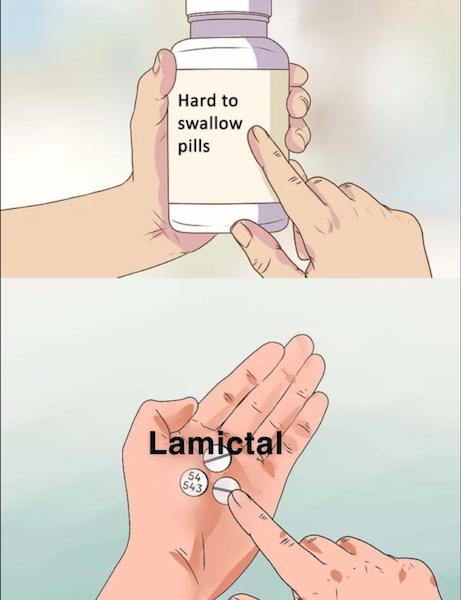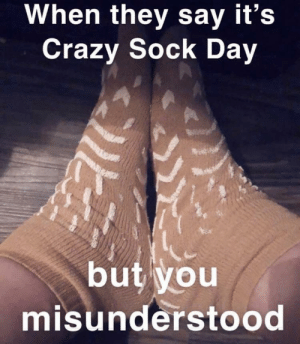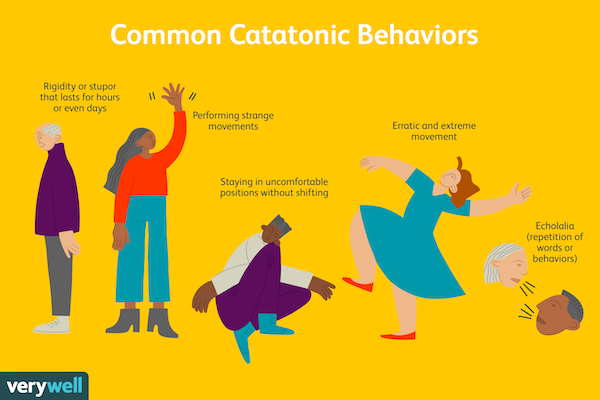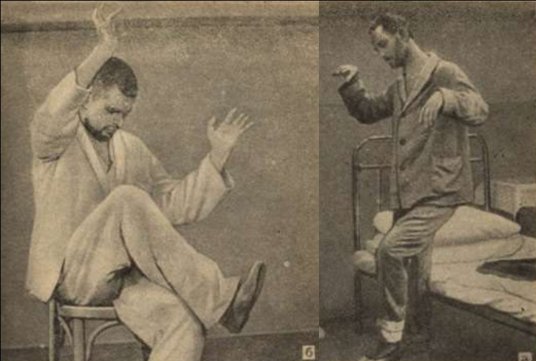There’s a couple things I’ve mentioned in previous post that I have updates on!
- The Dr who stopped my diazepam (Valium) has been told by the consultant to go much much slower when weaning me off it. They’re currently taking it down a mg every 2 weeks, which is what I tried to tell her to do. Anyway, that’s all sorted, thank you all for your support whilst I ranted about it.
- I was stressed at one point because I hadn’t seen my diagnosis written down, but the Dr here has my notes and when I asked for some clarity, he said: ‘you’ve been given a diagnosis of Bipolar Disorder and Schizoaffective disorder’ (which basically boils down to SZA-BP type). It must be in my notes because I haven’t seen him for over a year. He was great about it and even said if I want more clarity then he can talk to me more about my diagnosis and see if we can work out together what fits me best – which is such a kind and great approach. So that’s calmed me down also.
Updates on the mental health unit I’m at:
I will have been here a week tomorrow. Although I’m really struggling to settle in, it’s pretty amazing here. The Occupational therapists are really hands on. Mine drew me up a really great care plan and another helped me cook brunch one day. You also get a named nurse who do 1-to-1s with you. Mine’s alright, nothing wrong with him but maybe a little lacklustre! The rest of the staff are great. There’s a walk in the park available every morning, 2 groups a day which can range from anxiety management, life skills, music, creativity, brain training to self esteem and stress busters. There’s a cooking group nearly every day with different things on different days like soups and smoothies on a Monday and baking on a Tuesday etc. Every day there’s also a relaxation group but I’ve not been – I have nervous energy and bounce my legs constantly which irritates people trying to relax and makes me anxious enough to not be able to relax. The weekends are very quiet. One member of staff told me if you’re working towards your recovery all week, you should get the weekends off. Which is fair enough and most people are on leave anyway.
So yeah, I’m struggling to settle but the place itself can’t be faulted, it’s much better than an acute ward with no therapies whatsoever and boredom everyday!









